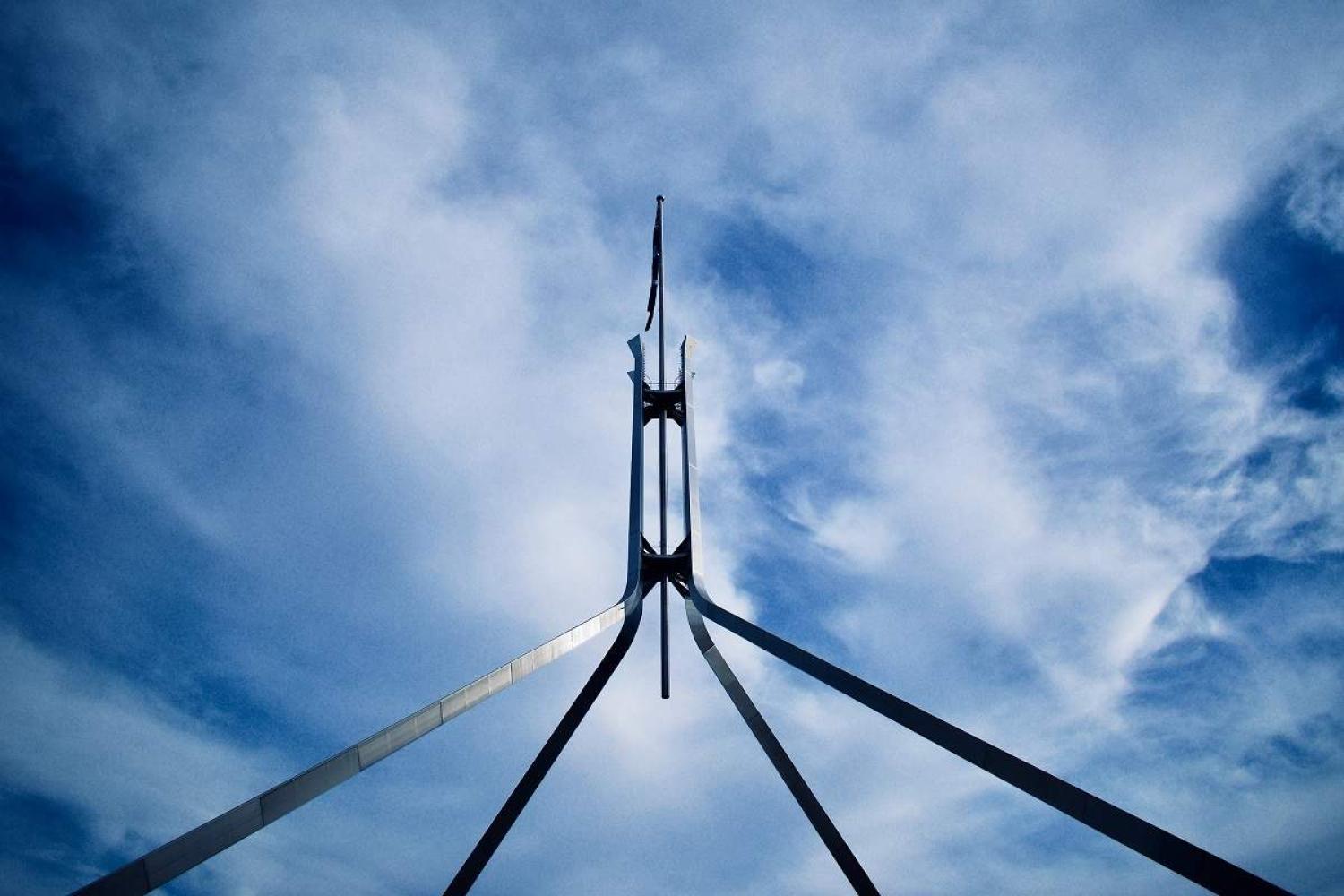This afternoon’s foreign policy debate at the National Press Club between the Foreign Minister, Senator Marise Payne and Shadow Foreign Minister, Senator Penny Wong, defied my expectations in some ways, but confirmed them in others.
Here are the surprises:
I was expecting a tame affair because, in electoral terms, the opposition has little incentive to open stark divisions with the government. But the Labor Party seems to have discarded some of its traditional caution in this area. Wong opened proceedings with a fairly blistering attack on the government’s record, and on Scott Morrison.
The weight of emphasis on the Pacific was a welcome surprise. At a rough guess, I would say that 80 per cent of the discussion related to the Pacific in some way, which is surely a record for an event of this kind. It was good to see emphasis on Pacific labour mobility in particular, because it is one of Australia’s great advantages in the region and something China will never match.
On a related note, the following topics were notable by their complete or almost complete absence: Indonesia (I don’t recall the word being uttered), AUKUS, and Covid.
The predictable parts:
Other than a skirmish over a story in The Australian about Richard Marles’ meetings with Chinese officials, there was very little daylight between the two sides on the China question. Both were offered the opportunity to say how they might begin to repair relations with Beijing in the new term, and both wisely said that their door would be open, but the onus was on China.
Invariably at events such as this, someone will gravely intone that we are living in a “period of great change and uncertainty”. This time it was Payne – twice. Please, stop.
Final stray impressions:
There was an extended discussion on the Howard-era mantra that “Australia doesn’t have to choose” between the United States and China. Wong said emphatically that Australia had chosen the United States long ago. Payne thought it was very important to let the audience know that Australia was not putting any pressure on regional countries to make that choice.
Payne returned so often to her theme of respecting the sovereignty and independence of Pacific Island countries that it began to sound like an excuse for the government’s failure to stop the China-Solomons security agreement.
The entire election campaign has been devoid of ambition, and this debate was no exception. What we saw today was two very competent candidates for the job of foreign minister in the next Australian government, neither of whom offered much spark, wit, or inspiration.

